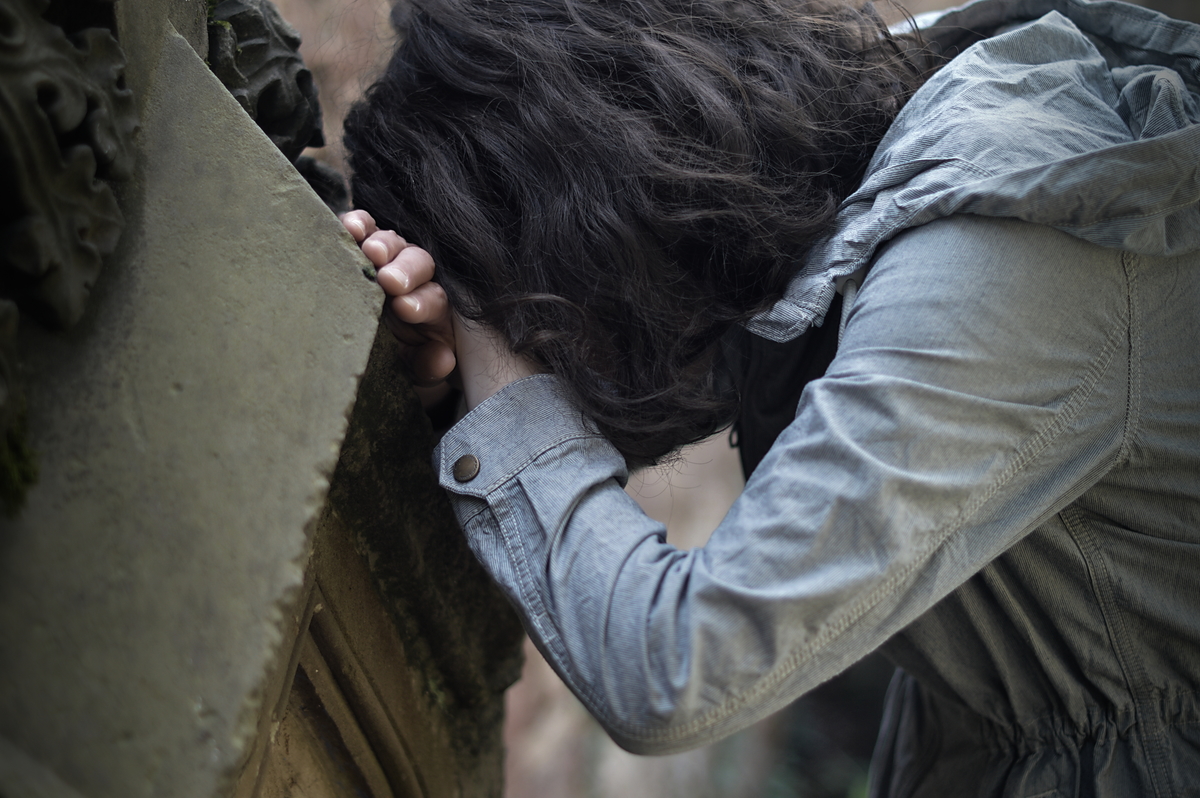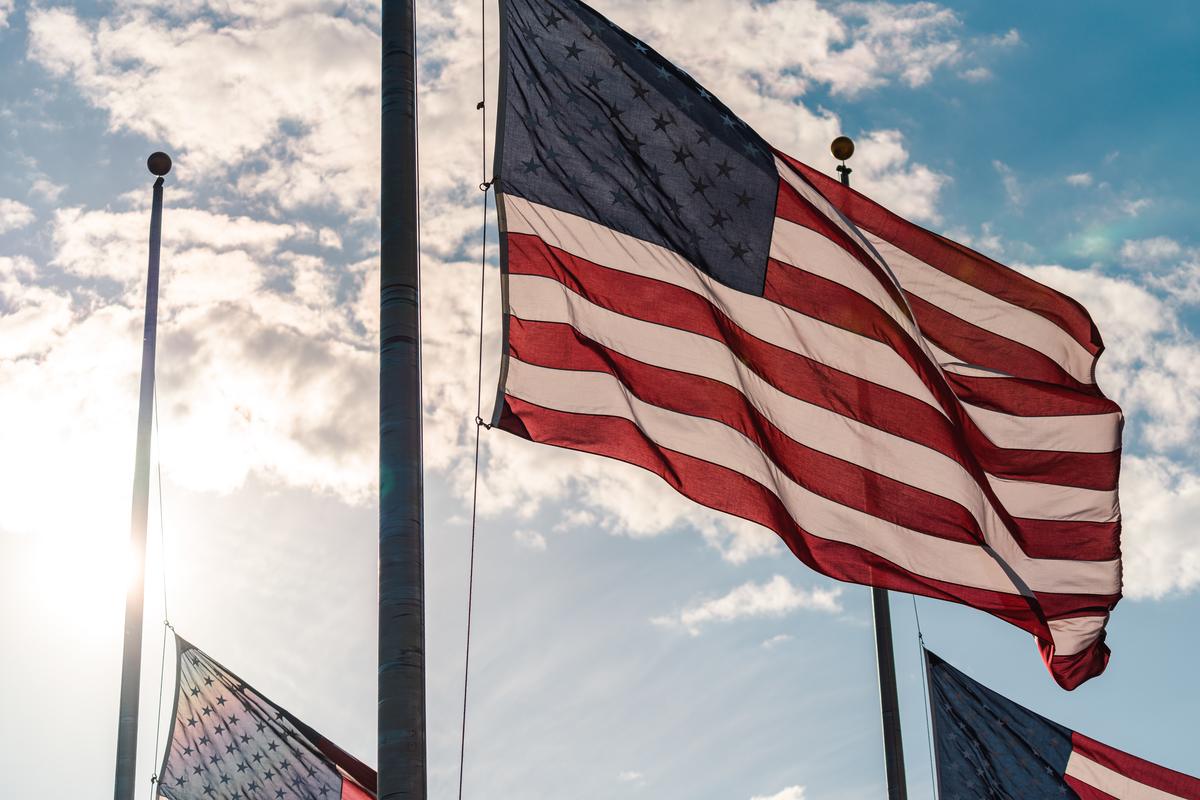The church in Philippi was home to people like this: a wealthy, upscale businesswoman whose material success could never satisfy her; a slave girl with a deep, dark, wounded past; a tough-nosed jailer and his family, just to mention the few we know. So ask yourself: What else did these people have in common but the gospel? They never would have gone to the same restaurants, hung out in the same parts of town, or listened to the same music. But because God had radically transformed them, they shared a common bond deeper than anything that divided them. They were together only because of the gospel.
The gospel by its very nature forms community. D. A. Carson writes:
The church is . . . made up of natural enemies. What binds us together is not common education, common race, common income levels, common politics, common nationality, common accents, common jobs, or anything else of that sort. Christians come together . . . because they have all been saved by Jesus Christ. . . . They are a band of natural enemies who love one another for Jesus’ sake.
Believers, as we know, have different careers, different political viewpoints, different parenting philosophies, different economic status, and different cultural backgrounds. We are different in many, many ways. Yet we are still drawn together in the body He calls the Church. Unity in the gospel is much deeper than surface uniformity.
The reason most community is shallow in our world is because it’s built on temporary foundations. The reason most relationships don’t last is because they’re built on commonalities that change over time. When the common bond changes, the relationship changes.
If you’re married, you see this happen immediately when you have kids. You once had friends you would hang out with late at night, but now you can’t do that. Even if you get a babysitter, you’re not staying up till 1:00 in the morning, because your kids are waking up at 6:30 and you’ll be exhausted.
If you play sports with a group of guys, and if nothing deeper than your love of basketball binds you together, that community will weaken and likely disappear if you blow out a knee and can’t play anymore. If relationships aren’t built on something deeper than finding good restaurants, working at the same company, or having kids in the same activities, they will change whenever the common bond is no longer there. Community is only as strong as what it’s built upon.
And nothing is as strong as the gospel.
The gospel is the deepest foundation for community. What connects believers is the reality that we were all very messed-up people, broken before a holy God, yet rescued and given new life in Christ. What unites believers is deeper than anything that can divide.
The Christmas Truce of 1914 is one familiar example—a true story that has captured hearts for nearly a hundred years. World War I had begun only months before, and the fighting on the Western Front between the Germans and the Allies was very fierce. Hope for a quick war was gone. Both armies knew they would be bitter enemies for years.
A system of trenches separated the two sides, with the area in between regarded as “No Man’s Land.” But on Christmas Eve, an unofficial truce began. German soldiers began singing “Silent Night” in German, and men on the other side of the great divide joined along in English. Soldiers who hours before had been attempting to kill one another were now singing together about the wonder of Christ’s birth.
As the night and the singing continued, the soldiers emerged out of their trenches to join one another in “No Man’s Land,” where they exchanged gifts, shared in burial services, and played soccer together. An estimated 100,000 soldiers along the Western Front laid down their weapons all that night and the next day. In subsequent years their commanders would demand that they continue fighting on Christmas Day, but in this one sacred interlude in 1914, a reminder of the incarnation caused a cease-fire. Even if for a brief moment, there was peace on earth and good will toward men.
Matt Chandler, Josh Patterson, and I are posting questions each month for church leaders to discuss with their teams. The content and questions are based on our book Creature of the Word. You can get the book here and access the monthly audit here.






